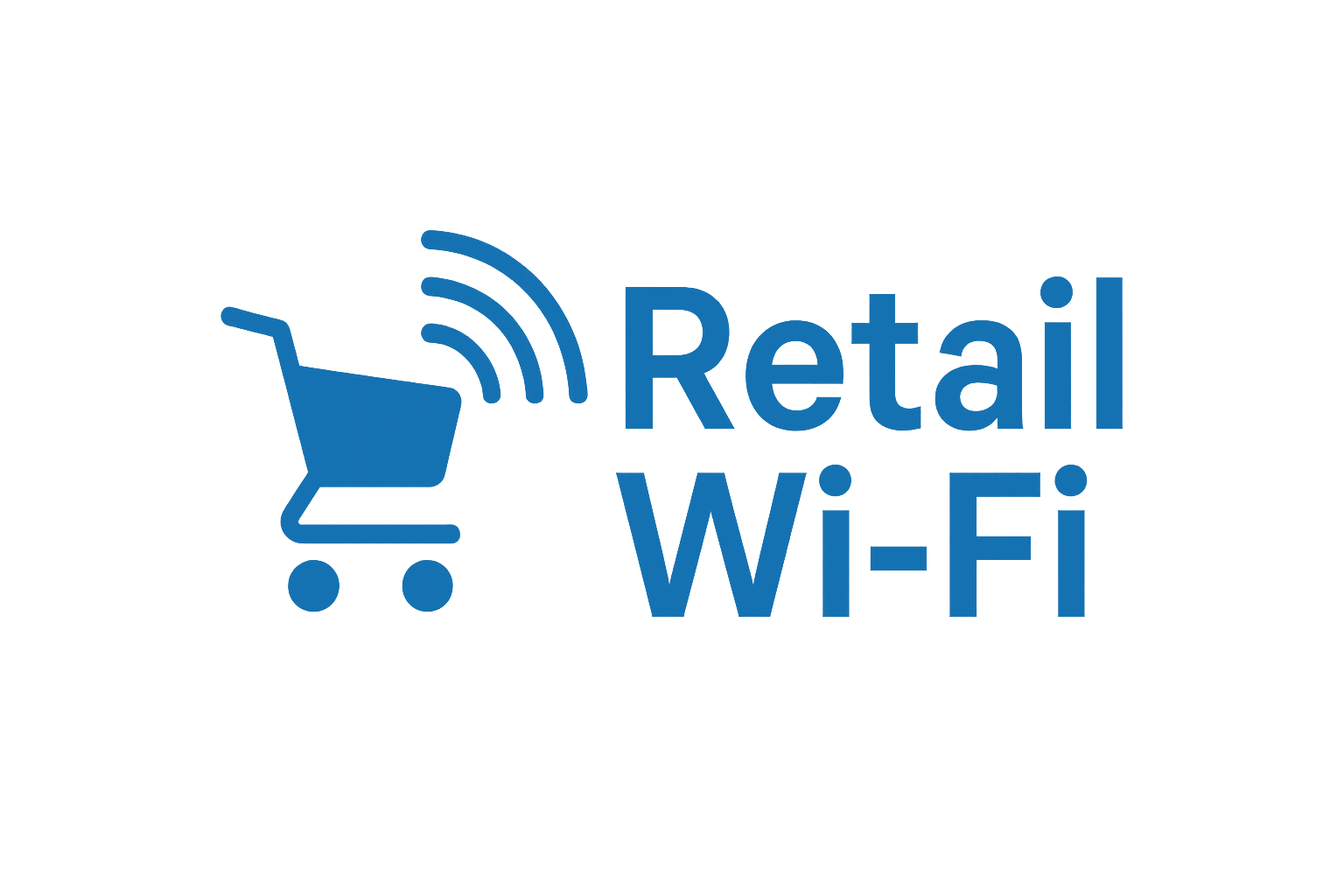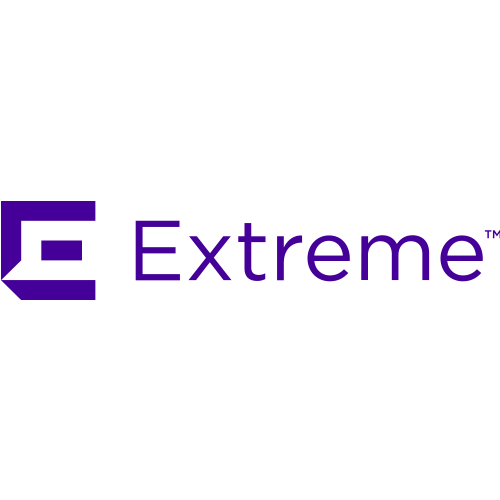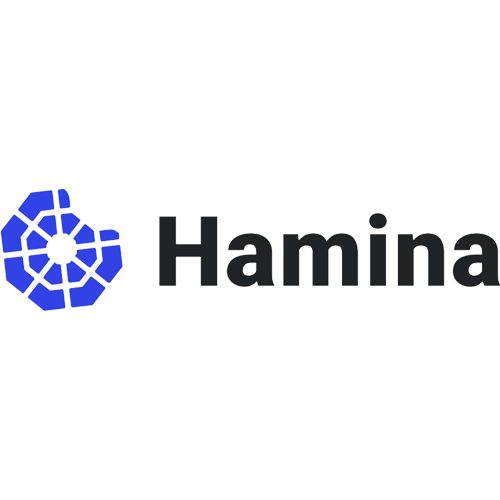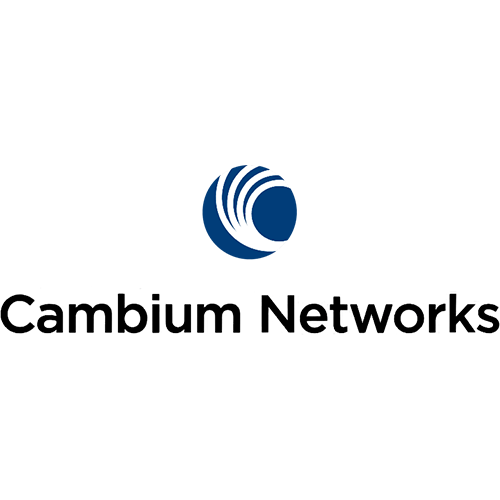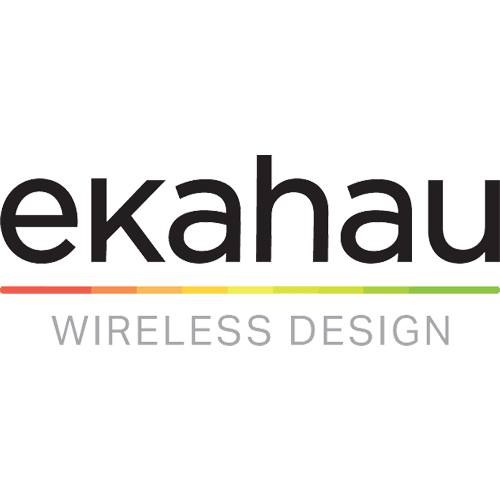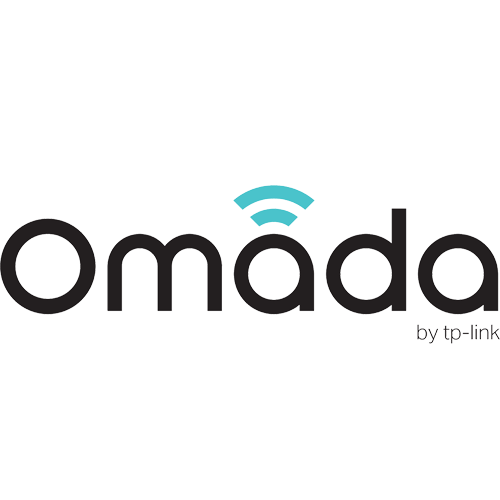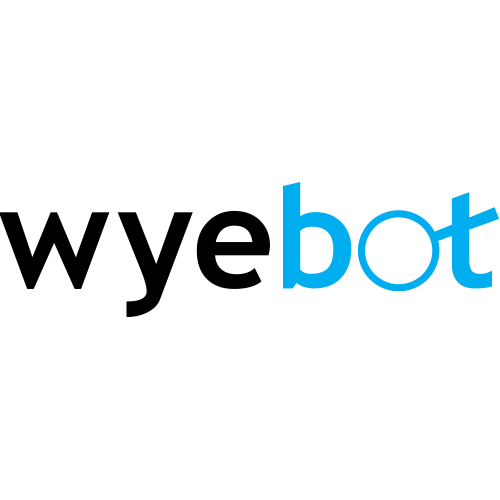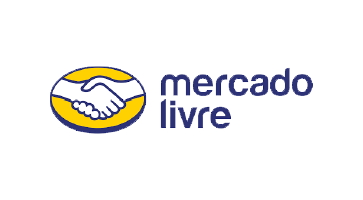CWNP; This is what Wi-Fi & IoT is about!
Within the technology of wireless networks, there are several brand-centered training programs, such as Cisco, HPE/Aruba, Cisco Meraki etc. However, there are also study programs which offer brand neutral Wi-Fi certification, the most well-known being the Certified Wireless Network Professional (CWNP) from Durham, North Carolina, USA.
Wireless networks are being innovated at a rapid pace, while a good knowledge of Radio Frequency (RF) remains the guiding principle to understanding wireless communication better. The courses and certification procedures of CWNP are the foundation on which one can build their career in installing and maintaining Wi-Fi networks.
In contrast to brand-centered trainings, CWNP has several different specialized modules which give instruction on the crucial principles within any WLAN environment. This is not to say that CWNP is fundamentally better than the courses taught by ‘large’ suppliers such as Cisco, HPE/Aruba and Cisco Meraki, but CWNP does offer an in-depth understanding of universal wireless principles which cannot be learned anywhere else. While the ‘large’ Wi-Fi suppliers focus on configuring and implementing their own product, CWNP offers much more than just a base training in Wi-Fi.
The CWNP program offers ample different certifications, starting with CWSS (Certified Wireless Sales Specialist) for sales managers. .
CWTS (Certified Wireless Technology Specialist) for project leaders. You will learn about the basic operations of 802.11 wireless hardware and software and understand how to install, configure and troubleshoot it based on design requirements
CWNA (Certified Wireless Network Administrator) is a certification for administrators who need to understand the fundamentals, such as how Ethernet (802.3) and the wireless standards (802.11) work together, but they also need to understand RF behavior, site surveying, security, and installation and implementation of Wi-Fi networks.
A Certified Wireless Security Professional (CWSP) focusses on everything within the wireless network range, from legacy WLAN security mechanisms of 802.1X, VPN, and MDM to breach prevention.
The module CWDP (Certified Wireless Design Professional) was developed for those who want to design and configure business critical WiFi environments, touching upon features such as QoS in Voice over WiFi and Point-to-Point (P2P) or Point-To-MultiPoint (P2MP).
Certified Wireless Analysis Professional (CWAP) is a module which is specializes in the 802.11 packet and frame analysis.
CWISA (Certified Wireless IoT Solutions Administrator) is a base module and the stepping stone to the Internet of Things (IoT) module within CWNP.
CWISA consists of the following learning elements:
- Internet of Things (IoT)
- Bluetooth Low Energy (BLE)
- Cellular Solutions (LTE, LTE-U, 5G, CBRS)
- Machine to Machine Communications (M2M)
- Zigbee
- Location Services
- Wired-Side Supporting Technologies
- High-Level Awareness of APIs and Automation/Integration Concepts
- Project and Program Management Specific to Wireless Solutions Projects
A certified Wireless IoT Connectivity Professional (CWICP) understands IoT connectivity standards and operation in business and industrial networks. This knowledge can be applied to deploy and troubleshoot the most common wireless IoT protocols with an in-depth understanding of their operations. A CWICP should be able to identify the technology and security requirements for a given IoT solution.
CWICP is based on the CWISA certification, which is a prerequisite for CWICP. This certification encompasses:
- Wireless IoT Technologies and Solutions
- Wireless IoT RF Characteristics
- Wireless IoT PHY Structure and Operations
- Wireless IoT MAC Layer Structure and Operations
- Wireless IoT Upper Layers Protocols
- Wireless IoT Security
- Validate and Troubleshoot IoT Solutions
The Certified Wireless IoT Integration Professional (CWIIP) develops and implements solutions that integrate multiple wireless sources for managing, monitoring, and controlling data through programming. This professional can identify and use the appropriate tools to extract, transform, and upload to and download from wireless Internet of Things (IoT) systems. The CWIIP plays a crucial role in planning and delivering scalable solutions to automate the transport of and response to data throughout a heterogeneous network.
CWIIP has its foundations in the CWISA certification, which is a prerequisite to the CWIIP.
It encompasses:
- Explain and Use Integration Technologies
- Perform Requirements Analysis (IEEE 29148:2018)
- Develop IoT Integration Solutions
- Implement IoT Integration Solutions
- Maintain and Support IoT Integration Solutions
The Certified Wireless IoT Design Professional (CWIDP) can plan, design, and validate an IoT solution, and tackle the complexity of existing RF systems, the architectural requirements, the security design, and many other things.
CWIDP is built on the CWISA certification, which is a prerequisite to CWIDP. This certification covers:
- Assess an existing IoT solution
- Gather and Define requirements and constraints for a wireless IoT solution
- Design a wireless IoT solution to meet requirements
- Validate and Optimize the wireless IoT solution
Those who attain all modules may be eligible for the prestigious Certified Wireless Network Expert (CWNE) and Certified Wireless IoT Solutions Expert (CWISE) titles, which are only awarded after stringent application requirements have been met according to a review board consisting of industry experts, who are themselves CWNE and /or CWISE certified.
There are currently approximately 582 CWNEs worldwide and most occupy prominent WLAN positions.(source: CWNP; May 29- 2025)

Curious to learn more? Schedule a call or visit.
If you would like to know what we would be able to offer you in matters relating to Wi-Fi, please do not hesitate to contact us.


